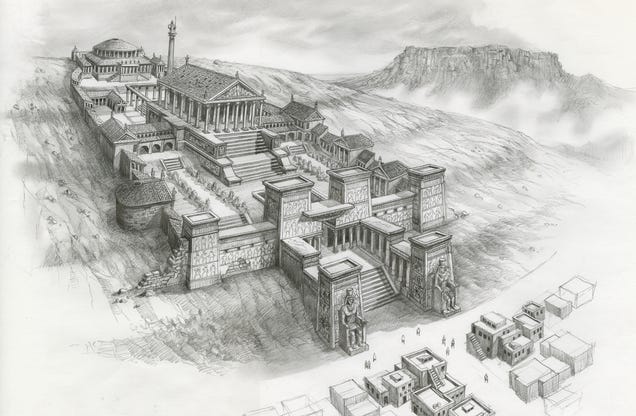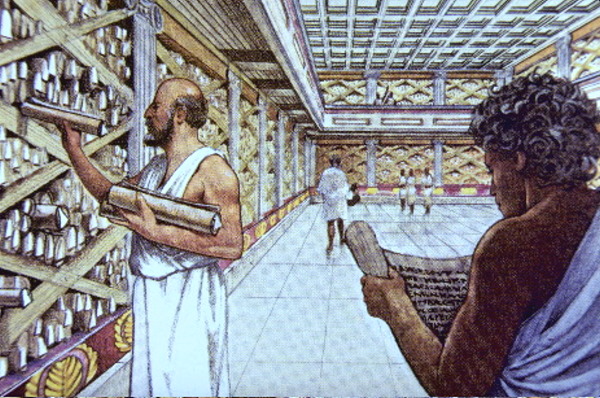When you read....
Are you......?
Or are you....?
After I graduated from my Masters Teacher program I was eager to enter the classrooms of the inner city to enlighten tomorrow's youth with literature, art and lessons from the humanities. I was young, enthusiastic and clearly idealistic and misinformed! Those woeful first months had me crawling into bed before 7 PM and questioning much of my recent graduate training and my sanity. I could not wrap my head around how these kids could not get immediately under the spell of good books like I had always been. I worked really hard to stay away from traditional textbooks and instead provide engaging articles and materials. One day, exhausted and disenchanted, I forgot my presentation for the day, so I turned to one of my all time favorite books, D'Aulaires' Book of Greek Myths and began to read aloud. My teaching would never be the same.
My initial misguided approach had been that I thought the kids were not given the right reading material all along, which is why they had become reluctant readers. What I learned is that it has much less to do with the text itself, and so much more to do with the interaction between author and audience. It was my passion for the stories that got the kids engaged and brought them into a suspended reality wherein the 'reading' itself did not matter.
Many of whom we currently label 'reluctant readers' think of reading as a tedious undertaking. It's important to remind these 'types' that not all books are physics texts! (No offense to the physics peeps - I'm married to one, in fact...) but when one engages in a riveting tale of adventure or romance or whatever it is that gets the blood pumping, one almost forgets that reading is an active verb. Great reading should feel like it is in the passive voice! The literature becomes a gift to be received rather than painstakingly interpreted. It could be like the analogy of playing your favorite sport versus jogging on a treadmill. Same cardiovascular achievement, but radically different levels of enjoyment, right?
This week we have researched a bunch of different books that have been cited as great reads for the 'reluctant reader'. (Some say that reluctant reader is code word for boy, but this is just not true. There are plenty of R.R.s without the Y chromosome!) We have filled the electronic classroom with such titles and we ordered a slew of new books that we did not have in our collection. These you can find on the cube near the wall of new books. Look for the "Save a Turkey! Feast on Books!" sign.

Maybe over Thanksgiving break would be the perfect time to pick up a book for pleasure. And if you don't see anything that speaks to you personally, ask a librarian for some other suggestions.
The Pesky Librarians wish you a peaceful and joyous Thanksgiving!
In Gratitude,
Mrs. Masterson























